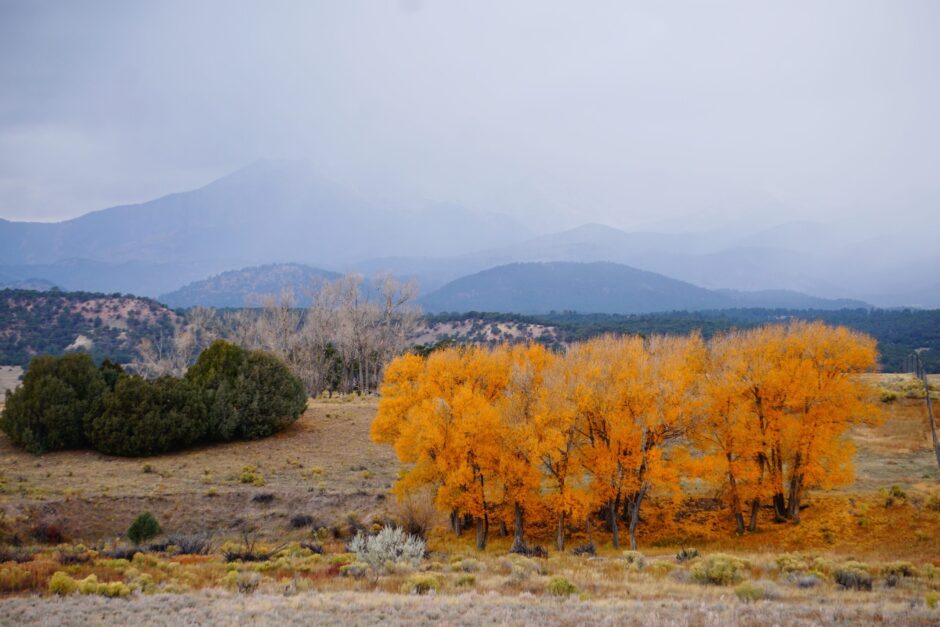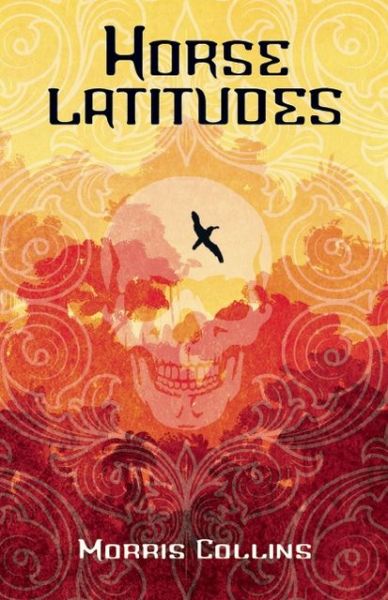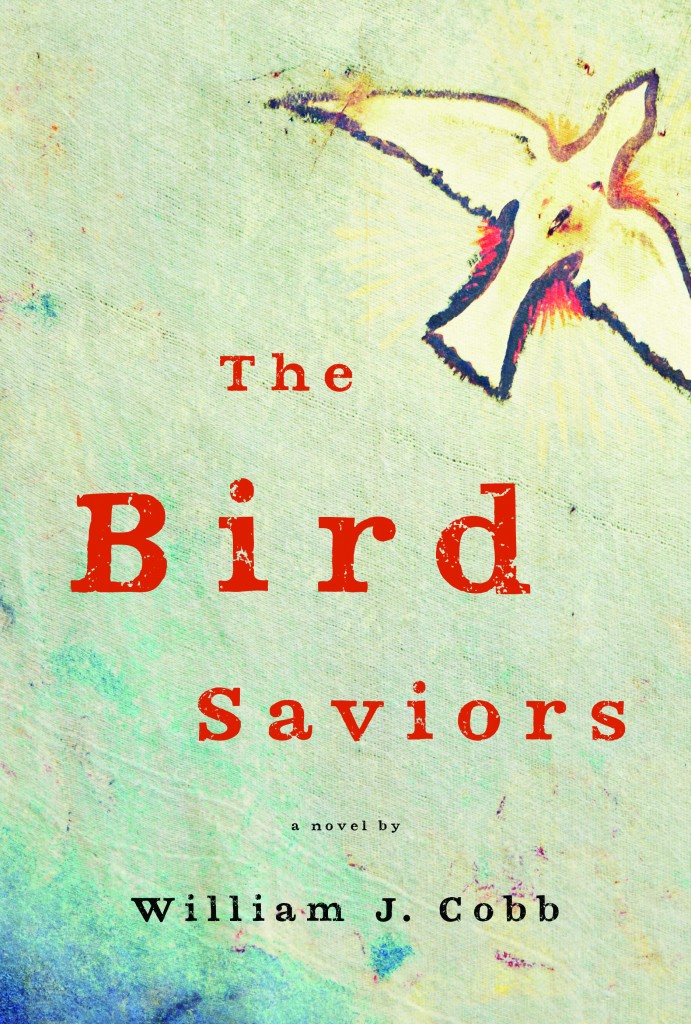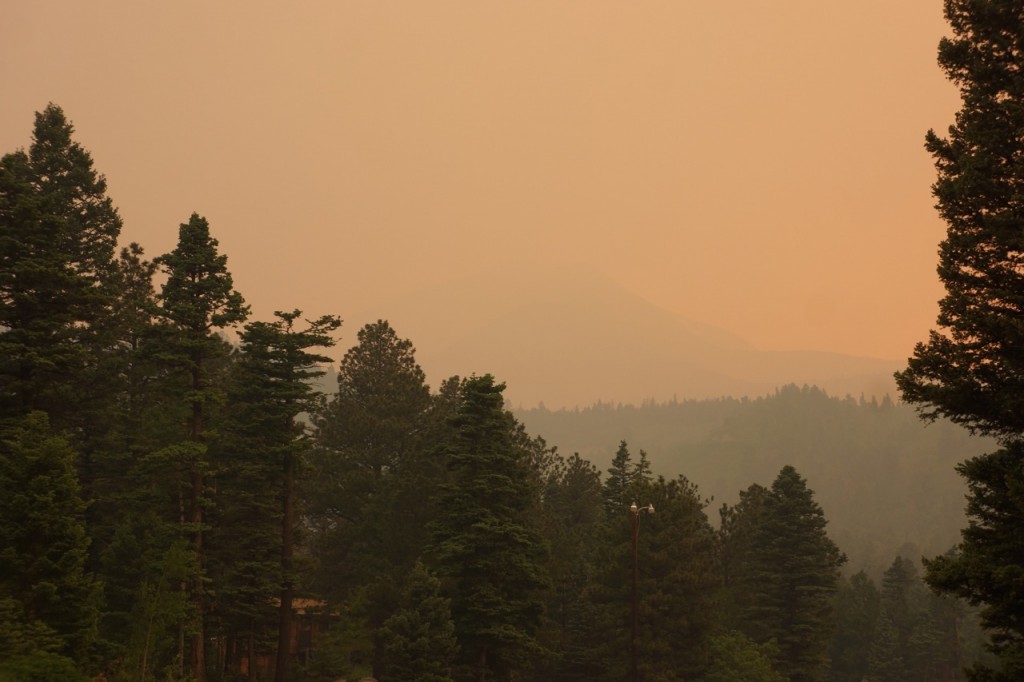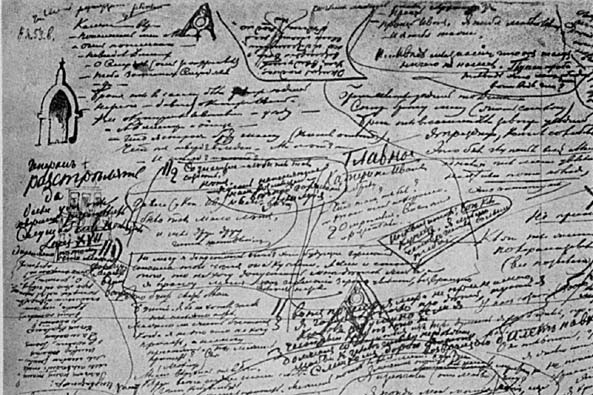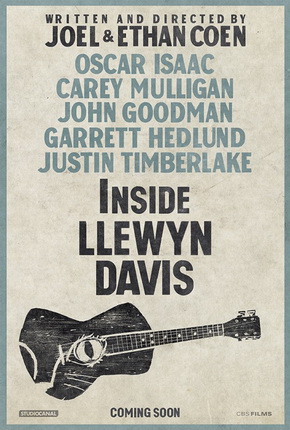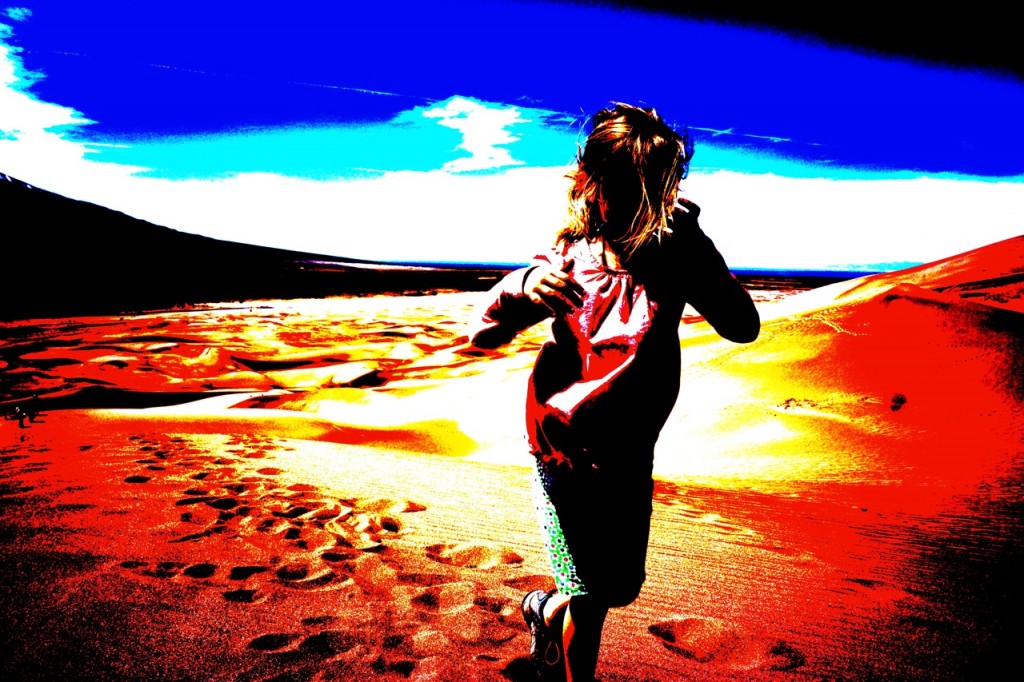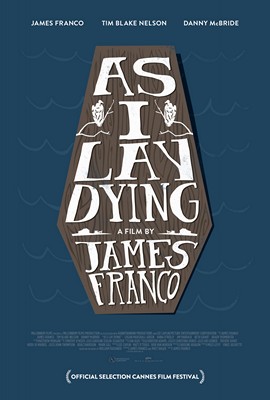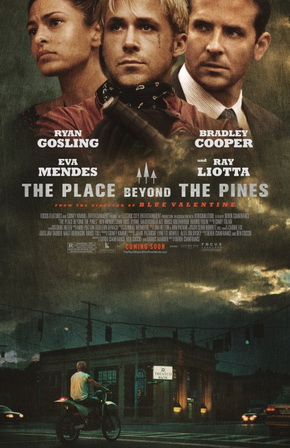So I haven’t been blogging for a while because I’ve been manning the oars of a white water (well, sometimes brown, green, or just a little frothy) raft in central Utah, the 84-mile stretch of the Green River from Sand Wash to the town of Green River. It was a great trip, and we all survived without getting heat stroke or sunburn (though my lips did get baked and blistered). Saw many Bighorn Sheep, terrific birds (Blue Grosbeaks, Blue-Gray Gnatcatchers, Yellow-Breasted Chats), and fabulous cliffs. Then right after we finished the river trip we drove an ungodly distance to a remote fossil hunting site (called U-Dig Fossils) near Delta, Utah, and dug for trilobites, 550 millions years old, and my wife found the coolest, best one (together we have a bucket full). Next up is a 4-day backpack in Yellowstone. In the meantime, here’s a cool pic I took yesterday of some godforsaken tree covered with sneakers along a desert road in the Great Basin.

- February 2026
- January 2026
- November 2025
- October 2023
- September 2023
- September 2021
- April 2020
- September 2019
- May 2019
- August 2018
- February 2018
- January 2018
- October 2017
- August 2017
- June 2017
- May 2017
- March 2017
- February 2017
- November 2016
- October 2016
- May 2016
- April 2016
- March 2016
- February 2016
- January 2016
- November 2015
- October 2015
- September 2015
- June 2015
- May 2015
- April 2015
- March 2015
- December 2014
- September 2014
- August 2014
- May 2014
- March 2014
- February 2014
- January 2014
- December 2013
- November 2013
- October 2013
- September 2013
- August 2013
- July 2013
- June 2013
- May 2013
- April 2013
- March 2013
- February 2013
- January 2013
- December 2012
- November 2012
- October 2012
- September 2012
- August 2012
- July 2012
- June 2012
- May 2012
- April 2012
- March 2012
- February 2012
- January 2012
- December 2011
- November 2011
- October 2011
- September 2011
- August 2011
- July 2011
- June 2011
- May 2011
- April 2011
- March 2011
- February 2011
- January 2011
- December 2010
- November 2010
- October 2010
- September 2010
- August 2010
- July 2010
- June 2010
- May 2010
- April 2010
- March 2010
- February 2010
- January 2010
- December 2009
- November 2009
- October 2009
- September 2009
- August 2009
- July 2009
- June 2009
- May 2009
- April 2009
- March 2009
Recent Posts
- On Randall K. Wilson’s “A Place Called Yellowstone”: Award-Winning History of Yellowstone National Park
- On Candice Millard’s “River of Doubt” and “River of the Gods”: Bugs, Snakes, and Disease Aplenty
- More Alone than “Alone”: On Adam Shoalts’s “Vanished Beyond the Map: The Mystery of Lost Explorer Hubert Darrell” (2025)
- Rachel McAdams film “Send Help” (2026) Makes Comic Gold Out of “Survivor” and “Alone” Audition Videos
- “The Wiggle Room”: A Short Story
Recent Comments
No comments to show.
